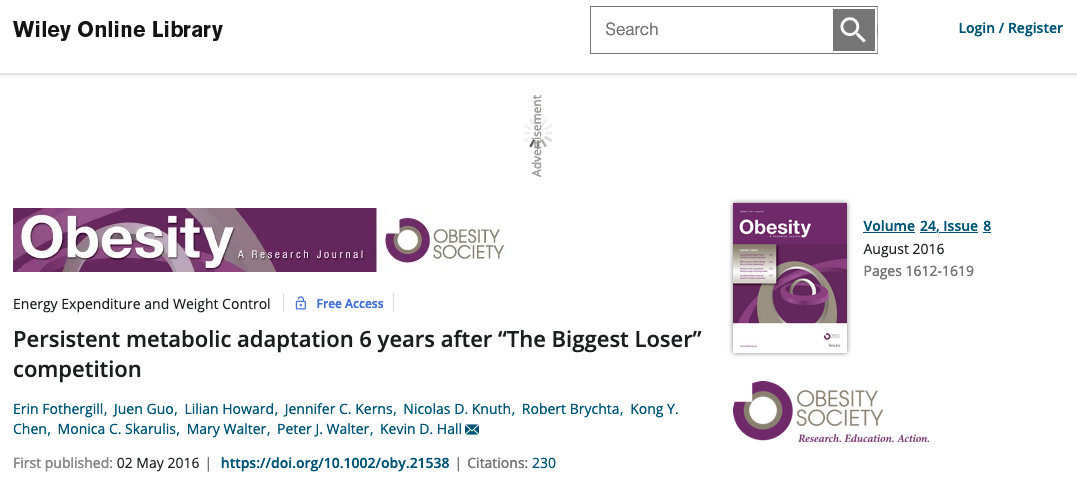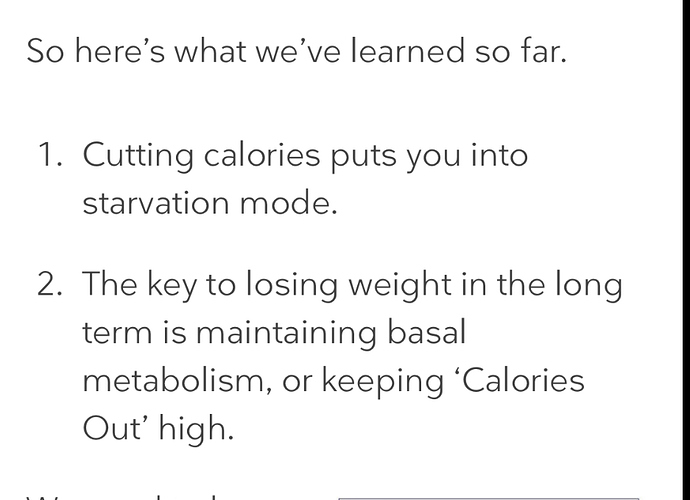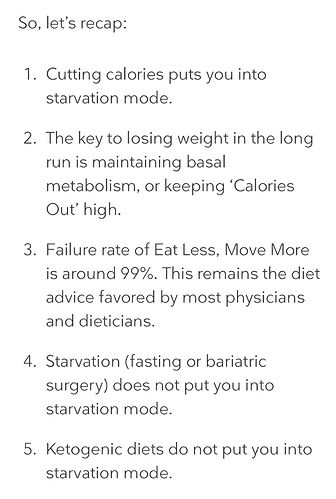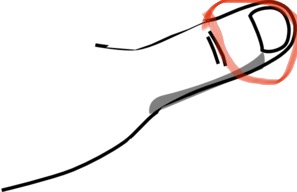Yes.
As Taubes mentions, he got into writing about nutrition science because several of his physicist friends told him that if he thought there was a lot of bad physics going on, he should see just how much worse nutrition science was in comparison.
Taubes does also point out, however, that nutrition science is extremely difficult to do rigorously and well. The experimental subjects (human beings) live too long and are hard to control, double-blind studies are almost impossible to conduct (in almost every case), and the costs involved are astronomical. (Not to mention that studying nutrition isn’t nearly as sexy as running a cyclotron.)
Also, it doesn’t help that the field of medicine, while scientific in many ways, is basically a hierarchically-run enterprise, in which acknowledged experts are held in reverence, whereas any snotty young physicist knows that a sure path to the Nobel Prize would be to do for Einstein as Einstein did for Newton.



 Great answer but it’s kind of enraging, isn’t it? :: pounds head against wall ::
Great answer but it’s kind of enraging, isn’t it? :: pounds head against wall ::



 I meant no disrespect on this thing - it’s just funny to see that ‘Institute’ come up multiple times. “Tudor Bompa” sounds funny in English, to me anyway, and I have visions of a couple wild-looking blokes coming and knocking on my door.
I meant no disrespect on this thing - it’s just funny to see that ‘Institute’ come up multiple times. “Tudor Bompa” sounds funny in English, to me anyway, and I have visions of a couple wild-looking blokes coming and knocking on my door.






 I had to pause, there, and feel the universe wobbling. "Wait a minute - this dude’s name is actually ‘Hyperlipid’?" Okay, so Peter Dobromylskyj – Hyperlipid - this came up right away when I searched, and looks like a righteous bloke, but I did have to laugh.
I had to pause, there, and feel the universe wobbling. "Wait a minute - this dude’s name is actually ‘Hyperlipid’?" Okay, so Peter Dobromylskyj – Hyperlipid - this came up right away when I searched, and looks like a righteous bloke, but I did have to laugh.